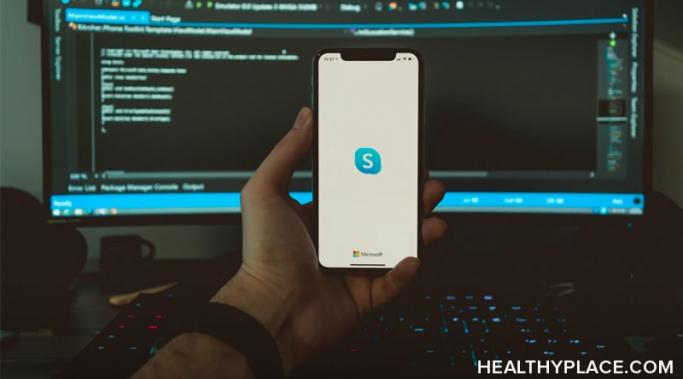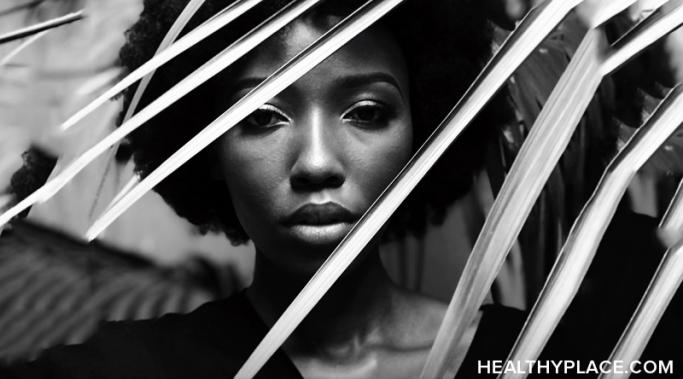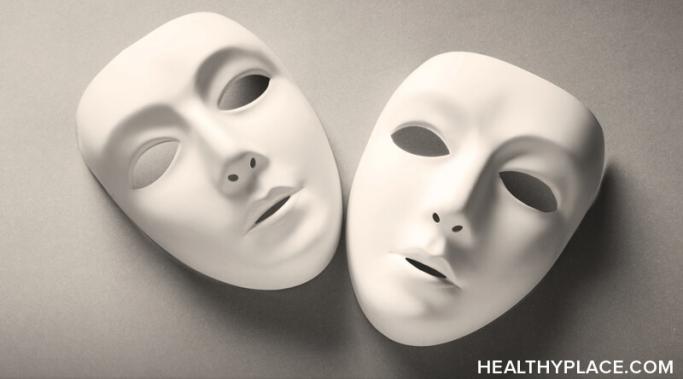As someone living with borderline personality disorder (BPD), unanswered text messages can feel agonizing. Living in a digital age where communication is often instantaneous, the absence of a response to a text message can trigger anyone. For us with BPD, the fear of abandonment and sensitivity to perceived rejection can intensify these emotions, leading to heightened distress. I will explore why unanswered text messages may dysregulate someone with BPD and offer personal strategies to help overcome anxiety by considering alternative perspectives.
BPD and Relationships
Borderline personality disorder (BPD) and relationships can pose some unique challenges. The constant fear of rejection looms around every corner, making it difficult to fully embrace the positive moments that relationships bring. Even when surrounded by love and support, the fear of impending abandonment can act as a barrier, preventing the full enjoyment of the positive aspects of a relationship. This struggle underscores the complexity of managing BPD within the context of interpersonal connections.
I've made it my mission to understand splitting and borderline personality disorder, given the profound shame that often follows when I split on my loved ones. If you have borderline personality disorder (BPD), you might know that splitting is a defense mechanism where we perceive people, including those we deeply care about, as either entirely good or entirely bad.
It's important to manage boundaries in borderline personality disorder. I'm someone living with borderline personality disorder (BPD), and I've got a tendency to enmesh with my loved ones. Enmeshment in relationships refers to a dysfunctional pattern of relating where boundaries between individuals are unclear, and personal identities become blurred or fused together. In enmeshed relationships, individuals may have difficulty distinguishing their own thoughts, feelings, and needs from those of their partner or family member. In my case, my BPD causes me to fear rejection the closer I get to someone. The temptation to blend in and go with the flow just to secure acceptance is real. But here's where managing boundaries in BPD swoops in to save the day.
Emotional resilience when a relationship ends is important if challenging. As someone with borderline personality disorder (BPD), the ending of relationships feels no short of an existential nightmare. The grief isn't just about losing someone; it's about losing the version of me that I molded to fit within that love story. Post-breakup, I feel like I'm looking at my reflection in a funhouse mirror. What stares back is distorted, confusing, and sometimes downright unrecognizable.
The borderline personality disorder (BPD) favorite person dynamic is a double-edged sword, offering deep connection but also leading to emotional volatility and a struggle for independence. For me, having a favorite person means elevating someone to a pedestal, be it a best friend, lover, or family member. It's an all-consuming experience that can leave me feeling both exhilarated and overly vulnerable.
I've encountered an unexpected companion in borderline personality disorder (BPD) recovery. That companion is grief. It's like saying goodbye to that fun (and toxic) best friend who used to call the shots in my life. Embracing the unknown and forging my own trail is a bit intimidating, especially when BPD's been riding shotgun for way too long. Grief in BPD recovery is making itself known.
I want to share what it's like to have borderline personality disorder (BPD) and experience severe emotional triggers in the middle of interactions. Borderline personality disorder triggers are no small thing.
When you live with borderline personality disorder (BPD), you live with the BPD relationship dilemma. What is the BPD relationship dilemma? Well, I just made it up. But, it might sound familiar if you or someone you know has BPD. For me, at least, relationships used to feel like an impossible paradox.
Living with the intensity of borderline personality disorder (BPD) feelings used to make me feel crazy. I could feel so sure someone was going to leave me, only to find out later there was nothing to worry about. For most of my life, I struggled to control my painful and embarrassing emotions. It wasn't until I started accepting my perception as truth that I began to feel more in control.









